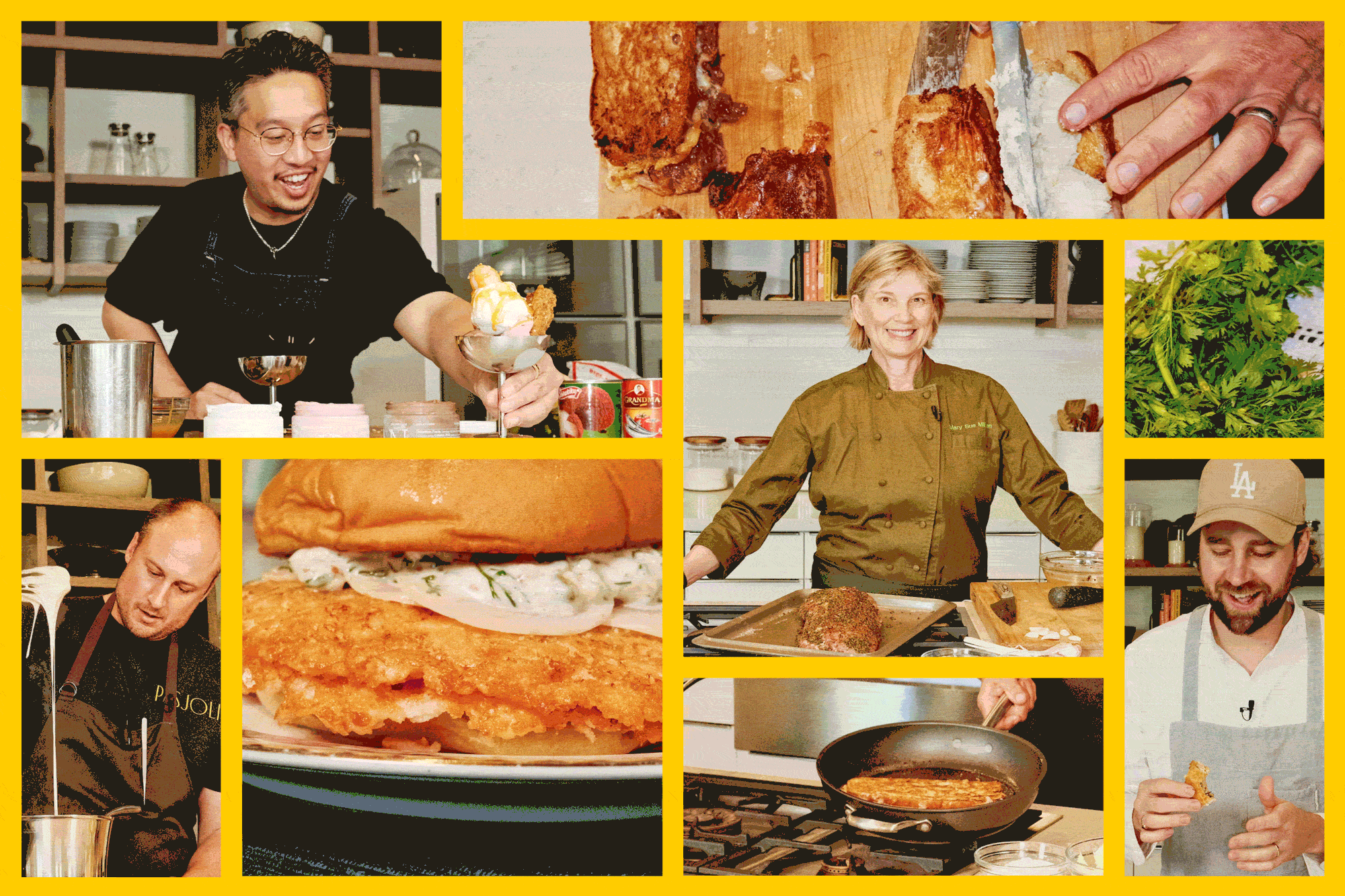The devil wore plaid
- Share via
IT’S been a decade since Irvine Welsh burst onto the American scene with the scabrous, slang-encrusted “Trainspotting.” For many readers, the ground had already been prepared by Danny Boyle’s film adaptation, which came out the same year. Yet the movie, however faithful to the novel’s bleak ambience, could hardly reproduce the texture of Welsh’s prose, with its gnarly passages of Edinburgh dialect and blue-collar nihilism. The book was funny, foul and probing. By comparison, Boyle’s version was a dark frolic: the Muppets on junk.
Welsh followed up with a series of fictions whose blunt titles said it all. There was “Ecstasy” (1996), “Filth” (1998), “Glue” (2001) and the relatively frisky “Porno” (2002), in which he brought back the gang from his debut for an encore. The author stretched his style a little, diluting the grime with typographical experimentation. Yet his characters continued their race to the bottom, aided by heroin, pills, booze and a strong dose of self-destructive brio.
Now comes “The Bedroom Secrets of the Master Chefs.” At first, Welsh’s latest looks to be a relatively staid performance. His protagonist, Danny Skinner, is employed by the Edinburgh City Council as an environmental health officer -- which is to say, a restaurant inspector. This gig does take him into some squalid kitchens. Still, he must be the first of the author’s creations to make a living by enforcing cleanliness. And while he enjoys a spot of drunken brawling on the weekend, he does maintain a snarky facade of respectability at the office.
Yet Danny, too, has his core of darkness. For starters, he’s touchy about his parentage -- an unknown father and a down-at-the-heels mother who runs a scruffy hair salon to make ends meet. “I grew up hanging around that shop,” he recalls, slipping in and out of dialect, “where every old boiler of a regular was a surrogate auntie or gran. I was smeared, like a luxury unguent, intae aw thon meaty bosoms. A wee boy without a daddy: to be pitied, spoiled, loved even. Good old sunny Leith: no place loves its bastards like a port.”
Danny medicates his anxieties with gallons of alcohol. This relief is temporary at best: During his soul-destroying hangovers, his sober companions strike him as “demonic predators who wanted to rip your soul out.” Clearly, he’s in a holding pattern. What puts him over the edge, however, is the appearance of a new colleague, the nerdish, responsible, teetotaling Brian Kibby.
Something about this clueless innocent drives Danny mad. Within weeks, resentment has turned to rage. During one boozy session at the pub, his hatred ratchets up an additional, alarming notch: “Sitting with his lager, Skinner found those idle, half-drunk ruminations evolve with an ockenblink into a violent prayer, the ferocity and intensity of which shook him to the marrow.”
Even more alarming, his prayer is answered. Henceforth, Danny can drink and drug and brawl to his heart’s content, while the physical punishment is mysteriously meted out to Kibby. The more he plumbs the depths -- where most of Welsh’s bottom-feeding characters tend to dwell -- the more his opposite number suffers.
What we’re dealing with here is an old-fashioned curse. It’s a departure, perhaps, from the novel’s grungy, hyperventilating realism. Yet Welsh makes it believable: a malicious division of crime and punishment, which echoes the ugly disparities of the society at large. Call it tartan voodoo -- no needles necessary.
Not surprisingly, this bargain suits Danny just fine. As always, though, there’s a Faustian bill to pay. Having rapidly destroyed his colleague’s liver, then his life, Danny finds himself drawn to Kibby, developing a tender, queasy sympathy for his victim. In the meantime, Kibby -- on whom the author lavishes nearly as much attention as he does on Danny -- figures out the score and devises a method for striking back at his tormentor.
As long as Welsh keeps the focus on this quasi-fraternal conflict, “The Bedroom Secrets of the Master Chefs” clips along with nasty, comic efficiency. It is, after all, a classic motif: the double, the doppelganger, deployed by everybody from Robert Louis Stevenson to Oscar Wilde (both mentioned in the course of this less-than-bookish novel).
Alas, the author complicates things with a mess of subplots. Various love affairs drift in and out of focus. There’s a fat, hedonistic chef who Danny imagines must be his lost father. There’s a thin, hedonistic chef who might also be his father, and this one lives in California.
At once, Danny flies to San Francisco, where the narrative slows to an asthmatic crawl. As it turns out, Welsh’s characters need the energizing contempt they feel toward their native terrain. Danny can’t even denounce the place without a faint, proprietary note of affection: “Scotland: the recipe for disaster. Take a cut of Calvinist repression, sprinkle on some Catholic guilt, add lots of alcohol and cook in a cold, dark, grey oven for three-hundred-odd years. Garnish with gaudy, ludicrous plaid.” If a Scotsman goes on this way much longer, he’ll get tears in his eyes.
Thankfully, Welsh soon steers Danny back to Edinburgh, where the strands of the plot rather abruptly converge. Readers will have spotted that final epiphany coming around the corner long before either of the antagonists. And the creaky construction of the novel -- in which the point of view keeps getting passed back and forth like stolen goods -- is mirrored by its alternation of rough dialect and the king’s English. (Generally speaking, Welsh benefits from the seasoning of his native speech: It’s the difference between haggis and coleslaw.)
Yet, “The Bedroom Secrets of the Master Chefs” succeeds on the strength of its tart sentences and bleak atmospherics. And the Jekyll-and-Hyde routine keeps the pages turning, even as it puts a fresh slant on that time-honored phrase, the Significant Other.
More to Read
Sign up for our Book Club newsletter
Get the latest news, events and more from the Los Angeles Times Book Club, and help us get L.A. reading and talking.
You may occasionally receive promotional content from the Los Angeles Times.










